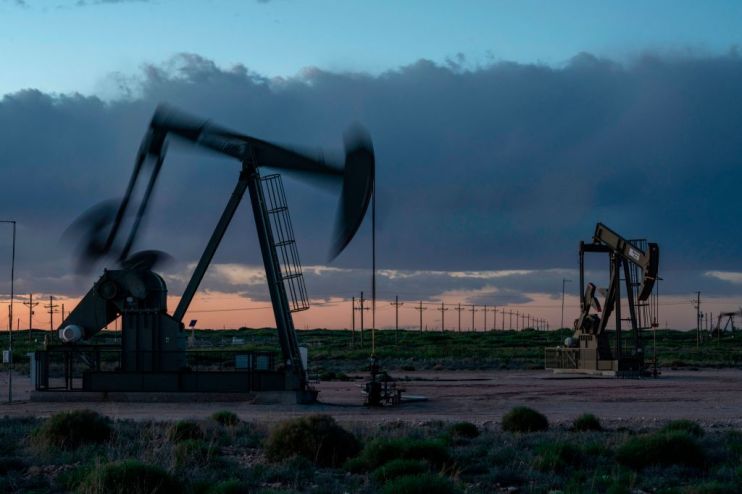Oil slips as traders expect Opec+ to ease supply cuts

Oil slipped nearly one per cent this morning as traders eyed an Opec technical meeting this week which is expected to recommend an easing in supply cuts that have been propping up crude prices.
Brent crude fell 29 cents, or 0.7 per cent, to $42.95 a barrel by 5:10am GMT, while US West Texas Intermediate crude was at $40.25 a barrel, down 30 cents, or 0.7 per cent.
Oil was little changed last week as a resurgence of coronavirus cases prompted several US states to impose tighter travel restrictions that could dampen oil demand recovery at the world’s largest consumer.
However, prices climbed more than two per cent last Friday after the International Energy Agency raised its 2020 oil demand forecast by 400,000 barrels per day.
Oil prices have recovered sharply from multi-decade lows in April as the Organization of the Petroleum Exporting Countries and allies including Russia, a group known as Opec+, cut output by a record 9.7m barrels per day (bpd) over May to July.
Opec’s Joint Ministerial Monitoring Committee (JMMC) will meet tomorrow and Wednesday to recommend the next level of cuts after compliance in the group hit 107 per cent in June, up from 77 per cent in May.
Opec and Russia are expected to ease their supply cuts to 7.7m bpd as global oil demand has recovered and prices have bounced back, Opec+ sources have told Reuters.
“They’ve done a good job of bringing prices as high as expected in the mid-term so they should be very careful about ruining sentiment,” Tony Nunan, a Tokyo-based senior risk manager at Mitsubishi Corp said.
Higher prices have prompted some US producers to start drilling again even as the number of operating oil and natural gas rigs hit a record low for a 10th straight week.
“If you want to keep drilling down, then you’re going to have to keep prices around this level,” Nunan said.
Libya exported its first crude cargo in six months last Friday after a blockade by eastern forces, but then re-imposed force majeure on all oil exports yesterday.
Its National Oil Corp accused the UAE of instructing the eastern forces in Libya’s civil war to reimpose the blockade.